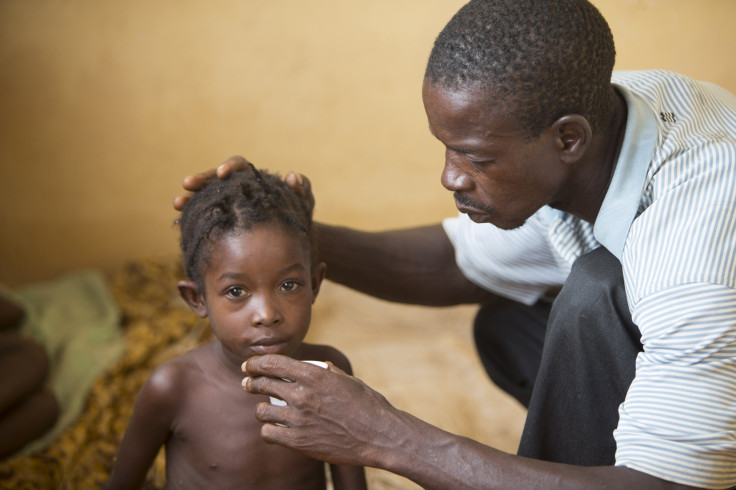Ebola Immunity, If Verified, Could Be Used To Stop Disease Spread And Supply Transfusions

Many Americans woke up on Wednesday to find out that a second health worker at Texas Health Presbyterian Hospital had become sick after caring for Thomas Eric Duncan, the first person in the U.S. to have Ebola. Within the past two days, the World Health Organization (WHO) also announced that by early December, up to 10,000 people could become ill per week, and 85 percent of nurses responded to a survey saying they lacked training to properly handle patients with Ebola. All of this together will surely increase Americans’ already present concerns about the ability of the health care system to stop the virus. But a group of scientists have proposed a solution that more people should be talking about.
In a letter published in The Lancet, researchers at the University of Texas, Austin, say that authorities dealing with the current outbreak are failing to recognize that some people exposed to the virus don’t go on to develop symptoms. Instead, they develop immunity. They point to two blood serum analyses that occurred after previous outbreaks; in one, 71 percent of people with the virus in their blood showed no signs of the disease, while in the other, 46 percent of people who had close contact with an Ebola patient showed no symptoms despite having the virus in their blood. As a result of being asymptomatic, the scientists suggest they could develop an immunity.
Authorities battling the outbreak in the affected West African region, as well as elsewhere, such as in the U.S., could use this information to their advantage by finding a way to discover who in the population may have immunity to the virus. Once they’re identified, they could be used in the health care setting to care for other patients, thus avoiding transmission between not only other individuals but health workers too.
“Ultimately, knowing whether a large segment of the population in the afflicted regions are immune to Ebola could save lives,” said Dr. Steve Bellan, a postdoctoral researcher and co-author of the letter, in a press release. “If we can reliably identify who they are, they could become people who help with disease-control tasks, and that would prevent exposing others who aren’t immune. We might not have to wait until we have a vaccine to use immune individuals to reduce the spread of the disease.”
The greatest potential use for these asymptomatic individuals, however, could be using their blood for transfusions. They suggest a study — with the outbreak, now is the time to do it, they say — in which the blood of Ebola survivors, asymptomatic Ebola patients, and healthy individuals is tested to determine whether asymptomatic individuals have “protective immunity.” If they truly are immune to the disease, then the scientists believe their antibody-rich blood could be transfused into Ebola patients to fight the disease.
Blood transfusions work. Dr. Kent Brantly, who was flown to the U.S. after becoming infected, was given a unit of blood from a 14-year-old survivor in Liberia. Upon returning to the U.S., he was given a dose of experimental therapeutic ZMapp, which made him healthy again. Since he left the hospital, he’s donated blood plasma to three other patients over the course of a month, including Nina Pham, the Dallas nurse who contracted the virus after caring for Duncan — her condition is improving.
Health authorities around the world should be doing whatever it takes to stop this disease before it gets worse — in the U.S., it seems that there are too many cracks in the system. By implementing strategies that address every possible angle to fight Ebola, we’ll have our best chance at stopping it.



























